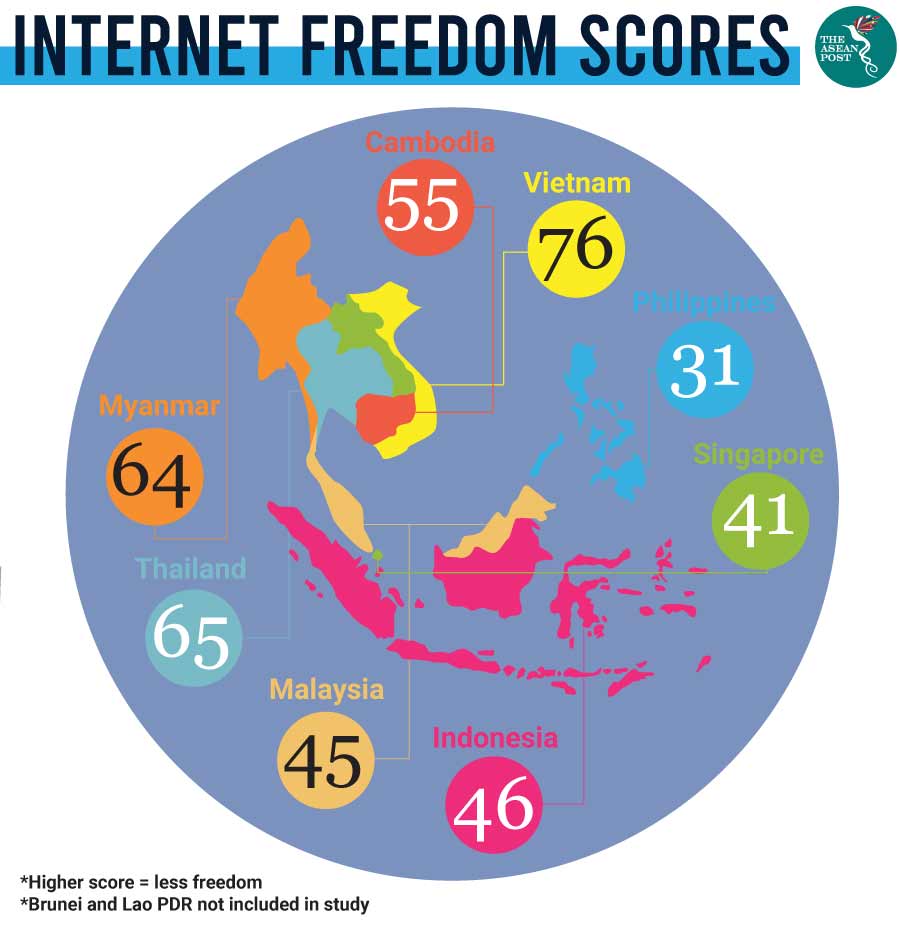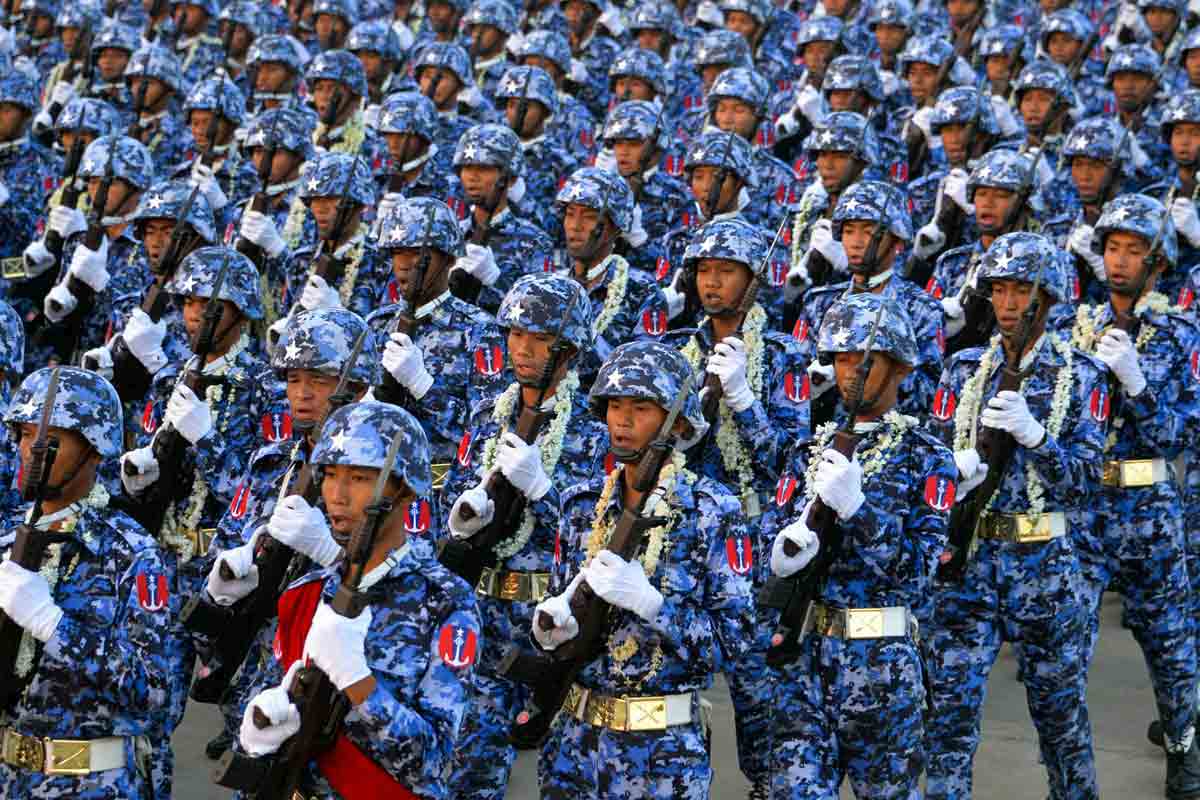On 21 June, the government of Myanmar ordered mobile phone operators in the country to shut down all Internet data across at least eight townships in Rakhine and one in neighbouring Chin state. United Nations (UN) Special Rapporteur to Myanmar, Yanghee Lee expressed serious concern regarding the blackout, saying that it could be cover for "gross human rights violations" in an area where a brutal army crackdown has already forced hundreds of thousands of Rohingya to flee.
The military is locked in a battle with the Arakan Army (AA), insurgents fighting for more autonomy for the region's ethnic Rakhine Buddhists.
The military's "clearance operations" can be a "cover for committing gross human rights violations against the civilian population," she said, also using the alleged mass atrocities committed against Rohingya Muslims in 2017 as a reference for her claim.
The decree was made under the Telecommunications Law, hitting all mobile operators for an unspecified period. According to Telenor Group, the Ministry of Transport and Communications justified the measure, saying the Internet was being used to "coordinate illegal activities".
Internet access in places that are allegedly facing conflict is important for the free flow of information so people aren’t left wondering what is happening in these areas. A blackout, in effect, removes most means of getting information regarding the conflict zone.
Because people are left wondering, thanks to Myanmar’s Internet crackdown, there is also little in the way of knowing whether atrocities that Yanghee is worried about are indeed occurring or likely to occur. The best means of finding out is to look at events from the past that may offer indication as to whether the Myanmar government is attempting to hide what is really happening in the country.
Government crackdown
The case involving two Reuters journalists, Wa Lone and Kyaw Soe Oo has already become infamous, both in the region and most of the world. The journalists were arrested in December 2017 for allegedly accepting secret documents from the police in connection to a story they were working on. Had they been convicted under the Official Secrets Act – a colonial law implemented during the British occupation of Myanmar – the two journalists could have faced up to 14 years in jail.
According to the facts of the case, prior to the arrests, the two journalists were working on a story about 10 Rohingya Muslim men and boys who were killed in western Myanmar’s Rakhine state. The story based on their findings was eventually published by Reuters in February last year.

The Myanmar government denied claims that the two journalists were arrested because of their investigations, insisting that they were arrested under the Official Secrets Act. However, the testimonies heard in court say otherwise.
The testimony by Police Captain Moe Yan Naing revealed that a superior had arranged for two policemen to entrap Wa Lone by offering him “secret documents” and then arresting him. This contradicts the prosecution’s story that Wa Lone and Kyaw Soe Oo were arrested at a routine traffic stop and found to be in possession of secret documents.
In his testimony, Wa Lone claimed that the police didn’t even focus on the secret documents during his interrogation.
“During the whole interrogation, they didn’t ask with interest about the secret documents found on us, but they probed us about our reporting of Maungdaw, Rakhine,” Wa Lone told the court.
The odd behaviour of the Myanmar government in relation to the case had also raised more suspicions. After Captain Moe Yan Naing revealed that the police received orders to entrap the two journalists, his family was ordered to move out of their police housing unit. If found guilty of violating Myanmar’s Police Disciplinary Act, Captain Moe could be sentenced up to a year in prison.
The case above goes to show that Myanmar does want to keep the Rohingya crisis quiet. Could it then be likely that they would also want to keep the conflict with the AA under wraps too?
It is also noteworthy that the internet crackdown occurred during the same time the 34th ASEAN Summit was slated to begin in Bangkok. Human rights observers have already long urged ASEAN to seriously address the issue and it has been talked about at recent Summits, albeit human rights defenders accuse ASEAN of being tame on the issue.
The question on Myanmar’s current blackout is whether the government there is up to the same tactics it used with the infamous arrests of the Reuters journalists?
Related articles:
